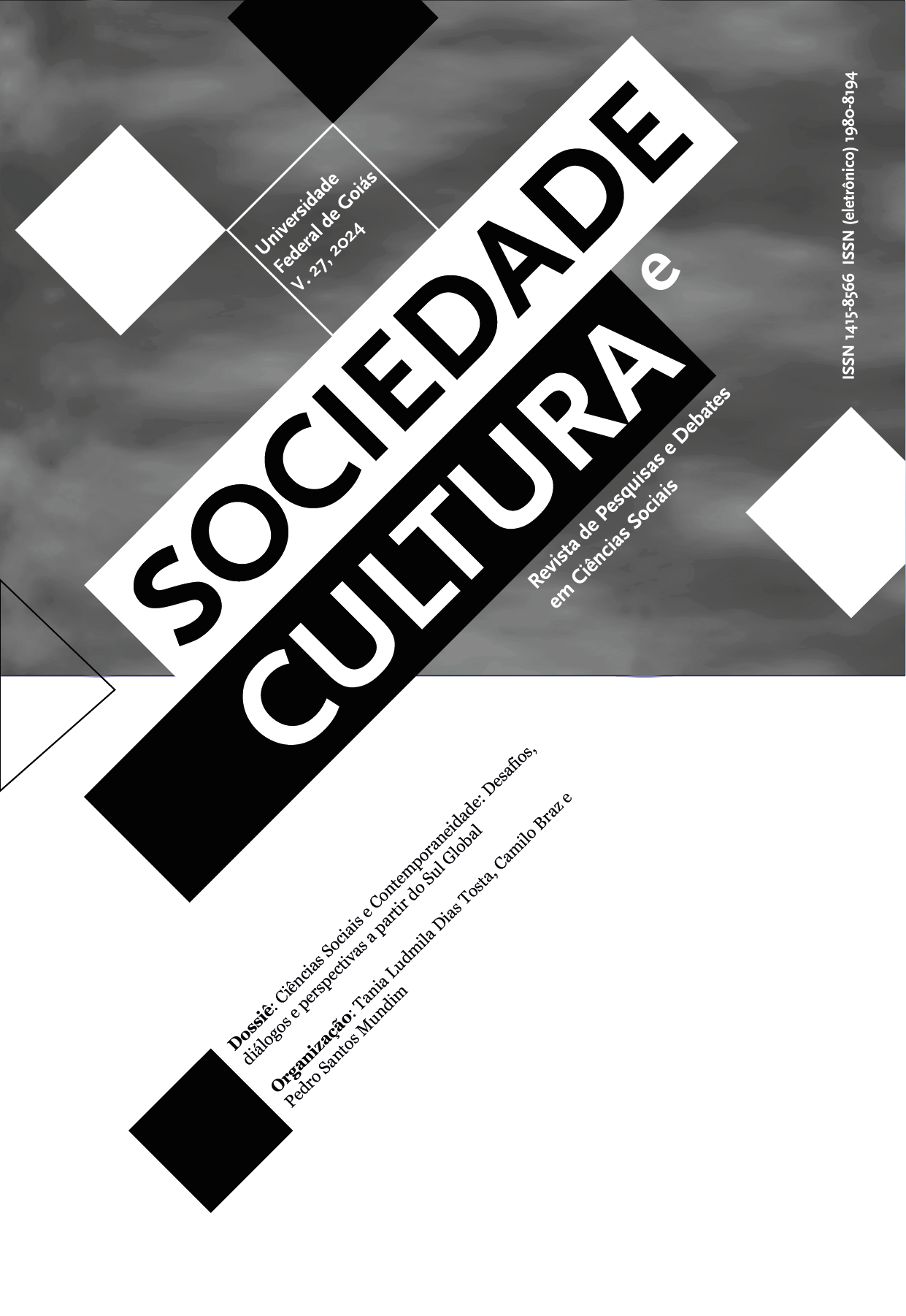Mental health, neurocultures and neoliberal rationality
DOI:
https://doi.org/10.5216/sec.v27.78350Abstract
The cerebralization of mental suffering has been pointed out as a type of sociability in which explanations of the etiology and treatment of mental disorders focus on the nervous system, with important consequences for psychosocial strategies of prevention and treatment, as well as for community approaches to mental health. The article explores the relationship between the cerebralization of mental distress, “neurocultures,” and neoliberal rationality, identifying an entanglement
between psychopolitical and neuropolitical apparatuses that underpin individualistic forms of mental health care and public policies that put too much weight on individualization of distress. These apparatuses focus mainly on the “nervousness of life” identified by Minayo, since the historical nexus between cerebralization and individualization of
distress seems to have its conditions of existence from the introduction of emotions and feelings in the private clinics of the bourgeoisie. The need for more complex approaches to mental health phenomena, as well as the prioritization of community strategies for psychosocial care, becomes increasingly urgent as cerebralization becomes part of official discourses that influence public policies. This article seeks to argue that the exclusively neurobiological explanations for psychological distress are closely related to neoliberalism as an economic organization and as a rationality, and points once again to the need to consider social, economic and political relations in mental health care.
Downloads
Downloads
Published
How to Cite
Issue
Section
License
Copyright (c) 2024 Sociedade e Cultura

This work is licensed under a Creative Commons Attribution 4.0 International License.
Authors who publish in this journal agree to the following terms:
- Authors retain the copyright and grant the journal the right of first publication, the work being simultaneously licensed under the Creative Commons Attribution License, which allows the sharing of the work with acknowledgment of authorship and of the initial publication in this journal;
- Authors are authorized to enter into additional contracts separately, for non-exclusive distribution of the version of the work published in this journal (eg, publishing in an institutional repository or as a book chapter), with acknowledgment of authorship and of the initial publication in this journal;
- Authors are allowed and encouraged to post and distribute their work online (eg, in institutional repositories or on their personal page) at any point before or during the editorial process, as this can bring productive change as well as increases the impact and the citation of the published work (see O Efeito do Acesso Livre).



